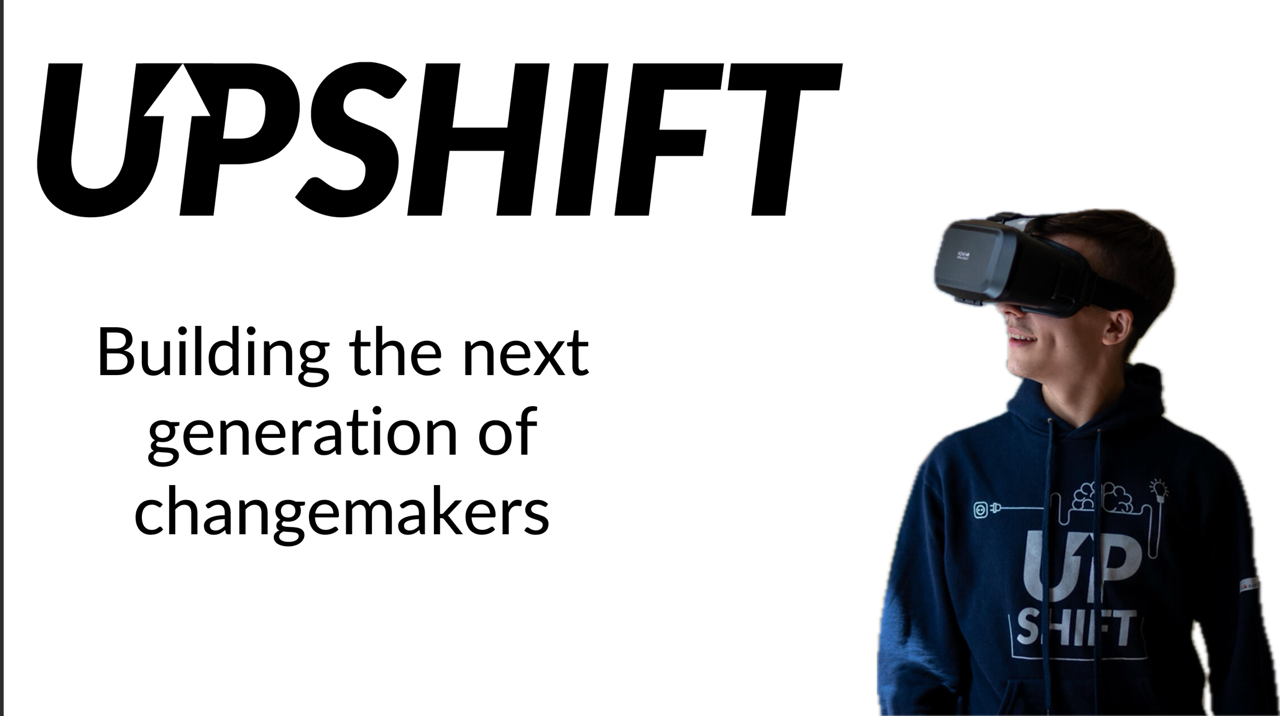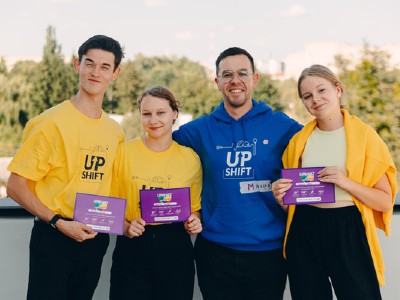© UNICEF/UNI466180/unknown
UPSHIFT is a social innovator accelerator for young people aged 10-24 years that rapidly unlocks their generational potential to create real and tangible change in their lives and their communities. We use Human-Centered Design to build on young people’s passions and turn them into action and achievement by developing professional and transferable skills through experimental learning practices.
Mentors are a central part of UPSHIFT, they guide young people and help them unlock potential their. Mentors offer expertise, feedback, & support, accelerating learning, navigating pitfalls, & building confidence for lasting success.
In this course, potential mentors will gain an in depth understanding of the UPSHIFT underlaying pedagogy and how mentors can guide young people through the UPSHIFT learning journey and make most of their experience.
To help young people achieve these goals, we need mentors who will lead them to success. With this course, you will gain the necessary skills and tools to guide UPSHIFTers to success. The two modules consist of details regarding what is sought out of UPSHIFT mentors, and also a module of examples and practices which shows a more tangible example of UPSHIFT and the role of mentors in the program.

At the end of this course, you should be able to:
- Understand mentorship, specifically about the role and responsibilities, competencies and behaviors and relationships with participants.
- Fully comprehend (through examples and practice) the mentoring mindset and be able to coach the young people by using the different tools presented throughout the course.
Audience
The target audience is UPSHIFT mentors.
Length
It should take you approximately 1 hour and 30 minutes to complete this course.
Methodology
The course is self-paced, and composed of two modules, Mentorship and Examples and Practices. Each module details the different roles, responsibilities, competencies, and behaviours of mentors as well as examples and practice. Transcripts are provided for each module. After each module, there will be a short quiz that encourages the course taker to reflect on what was learned in each module.
Structure
This course is composed of 2 modules:
- Mentorship
- Examples and Practices
Knowledge Bite (quiz)
Contact details
Content
issues and questions: Herve Morin, hmorin@unicef.org
Course and
learner management: Herve Morin, hmorin@unicef.orgTechnical
issues: agora@unicef.org
